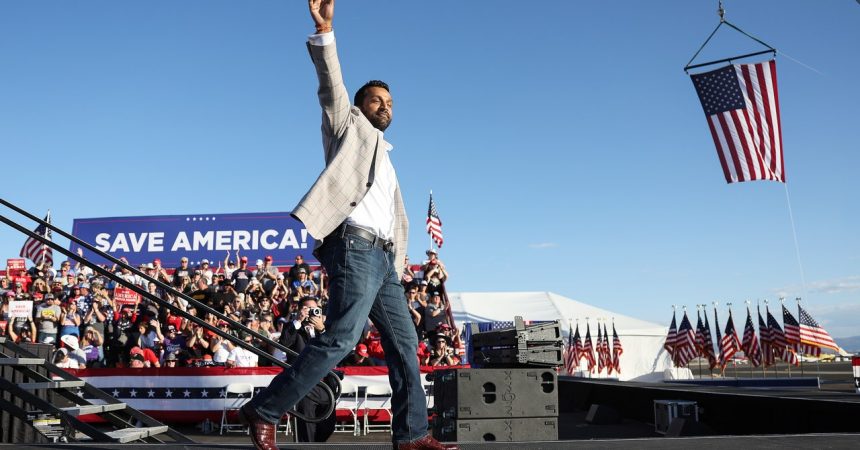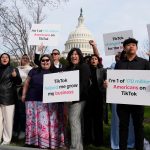The January 6 activists, a diverse group comprising MAGA individuals, the families of incarcerated rioters, and those who have served their sentences, perceive Trump’s nomination of Kash Patel to lead the FBI as a harbinger of vengeance against those responsible for the prosecution of the rioters. Their anticipation is not only focused on potential pardons and clemency but also on retaliatory actions against law enforcement officials and others who contributed to the criminal charges faced by the rioters. The FBI has long been seen as an adversary by the anti-government factions in America, particularly since the 1990s, when events like the Waco siege polarized public perceptions of federal authority. The sentiments fostered during Trump’s presidency and the COVID-19 pandemic have further intensified this anti-government fervor, particularly as the legal inquiries surrounding the January 6 insurrection have fueled narratives portraying the rioters as victims of a corrupt “Biden Regime.”
Central to this narrative is the portrayal of both Trump and those involved in the January 6 events as “political prisoners.” This framing posits that they are being systematically hunted down by an overreaching federal government, likening current law enforcement to historical repressive regimes. With Patel’s potential appointment to the FBI, activists and supporters within the MAGA sphere express strong hopes that he will purge the agency of corruption and investigate purported conspiracies aimed at undermining Trump’s position. High-profile MAGA figures and activists have taken to social media, issuing statements that celebrate Patel’s nomination as a signal to federal agents of an impending reckoning. Comments on platforms like X highlight a belief that Patel’s leadership will prompt serious inquiries into alleged misconduct by the FBI and that the agency’s operations during the January 6 incident will come under scrutiny.
Within this context, several Republican figures have joined the chorus supporting Patel, warning current FBI leadership about the changes that might occur should Patel take charge. Their rhetoric underscores a collective desire for accountability from the FBI regarding its actions leading up to and during the January 6 insurrection. Accusations against the agency circulate within these discussions, with some asserting that the riots were stages of a false flag operation. In this climate, figures like Philip Anderson, associated with the January 6 riots, express skepticism about Trump’s commitment to swift legal relief for those charged, suggesting that genuine prioritization of their cases would be reflected in immediate cessation of prosecutions.
As speculation swirls around Trump’s intentions, details remain murky about how he will navigate decisions regarding pardons for individuals involved in the insurrection. Legal representatives for some of the rioters are hesitant, pondering whether to delay proceedings and waiting for clearer signals from Trump about his plans. The complexity of these potential pardons raises questions about whether they might be comprehensive or selective, based on factors ranging from the severity of charges to political implications and public perception. Whether Trump will provide a blanket pardon for all or cater to specific cases continues to be a point of contention among supporters and defendants alike.
Despite the fervent support Patel enjoys from segments of the MAGA movement, experts suggest he may face considerable resistance in securing Senate confirmation for the FBI role. Former colleagues have expressed doubts regarding Patel’s qualifications and ability to lead a critical federal agency. The political landscape surrounding his confirmation appears precarious, as some senators express fear of Trump’s influence on their electoral fortunes, complicating the seemingly straightforward approval process. This contention hints at a challenging road ahead for Patel, who might need to navigate partisan divides while dealing with skepticism about his leadership abilities.
The intersection of Trump’s ambitions, the steadfast nature of January 6 activists, and the broader implications for law enforcement in America symbolizes an ongoing conflict within U.S. political culture. The dynamics of retribution, accountability, and loyalty entwined within these debates may ultimately reshape perceptions of justice and authority within the MAGA community, creating a continuous cycle of turmoil for both the judicial system and the law enforcement agencies tasked with upholding it. As events unfold, the calls for accountability will resonate across the political sphere, directly impacting how the FBI operates and how insurrection cases are treated in the years to come.



